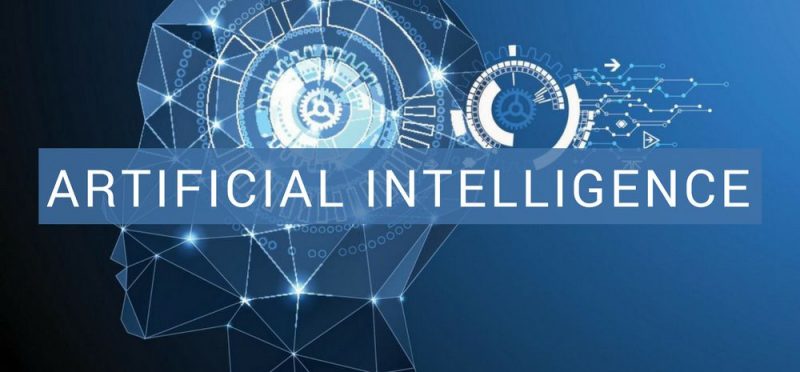
South Korean telco KT Corp aims to generate KRW1 trillion ($773.1m) from Artificial Intelligence-based services by 2025.
To accomplish this goal, it expects to plough $5.4bn into its AI business by 2027.
It’s a sizeable bet, but KT Corp said in a statement (in Korean) that its various AI-related services have already turned over $617.9m to date.
These include AI contact centre, a customer care service that uses natural language processing to either direct service agents to the relevant solution orautomate interactions entirely. In March, KT launched an AI-powered logistics service in Singapore, in partnership with Singtel. It draws on multiple real-time information sources to provide optimal route-planning for delivery companies.
To further accelerate the growth of its AI business, KT plans to scale up its activities in the robotics, healthcare and education sectors, devoting entire divisions to each vertical.
In the healthcare space, KT will use AI to compile bespoke care plans for individuals suffering from chronic conditions. Based on data gathered from doctors and nurses, it aims to improve remote management of long-term illnesses.
To help people maintain a healthy lifestyle, KT has also developed machine vision software, called AI Food Tag, that can identify specific ingredients and calculate their nutritional composition, all from a photograph uploaded by the user. KT plans to upgrade AI Food Tag’s capabilities, enabling it to recognise a broader range of foods, including restaurant meals and processed foods.
When it comes to robotics, KT has developed a platform that uses AI to gather and analyse data from connected robots, and then make improvements to how they operate. It claims to be able to collect data from thousands of robots in seconds, and analyse 60 million individual data points per day.
It also offers a range of actual robots, from food-servers, quarantine robots that analyse and sterilise the air in hospitals, and indoor delivery robots. It is also working on an outdoor delivery robot.





